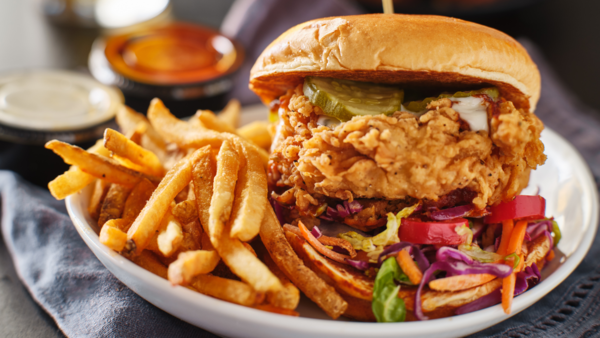Cancer is one of the leading causes of morbidity and mortality worldwide. The Globocan 2022 statistics indicate 1 in 9 men and 1 in 12 women are expected to die from cancer. Reducing cancer risk through dietary choices is crucial, especially in India, where certain foods prevalent in the diet may contribute to increased cancer incidence. Certain lifestyle factors—like smoking, drinking alcohol, being obese, eating a diet high in fried foods and red meat, not exercising, and having hormonal imbalance—are thought to be the primary risk factors of cancer and should be the focus of primary prevention.
India is not far in this league Globocan 2022 India’s cancer incidence crosses 1.4 million and 9 lakh deaths. Certain food habits and lifestyles should be limited or avoided to help reduce cancer risk. Here’s a summary of the key foods to avoid and why, along with recommendations for better dietary habits:
Red and processed meats
One should avoid consuming red and processed meat since it contains nitrate and preservatives. Moreover, studies have shown that harmful compounds are formed during high-heat cooking of red meat, that can lead to gastrointestinal tract cancer, colorectal cancer, prostate cancer and others. Foods like sausages, bacon, salami, ham, hot dogs and other cured or smoked meats should be avoided.
Sugary beverages
A study by the NIH has shown a strong correlation between excess sugar consumption and its link with cancer. Sweets, soft drinks, candies, and pastries contribute to obesity, which is again a significant risk factor for cancers such as breast and endometrial cancer.
Refined carbohydrates
According to Dr. Jeyhan Dhabhar, (MD, DrNB) cancer physician and expert, “Since obesity is an established risk factor for cancer, refined carbohydrates may raise the chance of developing the disease. Foods that have a high glycemic index, like white bread, white rice, etc., spike blood sugar and insulin levels, thus increasing the risk of cancer.”

Deep-fried foods
Foods that are deep-fried (like French fries, fried chicken, fast food, onion rings, etc are associated with weight gain and obesity. Many studies have stated that high-heat frying produces harmful compounds like acrylamides, which may be carcinogenic.
Alcohol and tobacco
Alcohol consumption is linked to an increased risk of several cancers, including those of the liver, mouth, and breast. Limiting or avoiding alcohol can significantly reduce cancer risk. Tobacco use, including smoking and smokeless tobacco, is a major risk factor for various cancers, such as oral cancers, lung, liver, stomach, bowel, and ovarian cancers, as well as some types of leukemia. Quitting at any age can make an immense difference for the user, increasing life expectancy and improving the quality of life.
Diet recommendations for cancer prevention
According to Dr. Suman Karanth, Senior Consultant, Medical Oncology, Fortis Memorial Research Institute, Gurugram, “Always opt for whole foods in your diet. Include more whole grains, oats, brown rice, and whole-grain bread instead of refined carbohydrates. Moreover, one should always prioritize fruits and vegetables since these are rich in antioxidants, fiber, and vitamins, which can help protect cells and reduce inflammation.”
Similarly, for protein intake, one should consider lean proteins like plant-based proteins (like lentils, beans, and tofu) or lean meats (like chicken and fish) instead of red or processed meats. Also, instead of sugary drinks, include water, herbal teas, or fresh fruit juices in your diet.
Also, opt for smart cooking by using healthier cooking methods like steaming, baking, boiling, and grilling instead of frying.
Tips to prevent cancer
Apart from the above foods and dietary changes, it is advisable that one maintains a healthy weight since obesity is a major risk factor for several cancers. Maintain a healthy lifestyle by staying active and avoiding smoking and alcohol to improve overall health and lower cancer risk. By following these recommendations and avoiding the foods listed, you can take a significant step toward reducing your cancer risk.
Choose to maintain a healthy lifestyle to reduce your chance of getting cancer. Avoid alcohol or drink in moderation, eat a healthy diet, exercise regularly, get regular checkups, and talk to your doctor about cancer screening. Know your family history of cancer and talk with your doctor about it. Apply sunscreen prior to sun exposure; quit using tobacco. Ask your health care provider for help quitting.





